
I’ve been on the phone this week with a number of women who find that their men are emotionally unavailable and shut down.
They feel distant, like they can’t communicate, and are lacking passion and connection.
Are you with a man who is shut down?
Do you wonder why is he emotionally unavailable?
I don’t know your man, so I don’t have the perfect answer for you. On the other hand, I have worked with many couples in addition to individuals who are either partners of shut down men, or shut down men themselves. And there have been a number of common themes.
You might feel like your man is just emotionally “limited” and he’ll never have what it takes to get it right.
My bet is that you’re wrong.
You might feel like your man doesn’t want you to know about him.
My bet is that you’re wrong.
And worst of all:
You might feel like your man just doesn’t care enough about you to show you how he really feels.
My bet is that you’re wrong.
Again, I don’t know the real deal between the two of you in particular, but I can tell you what I’ve learned over the years from my work with couples.
So many men seem emotionally unavailable to their partners.
And here’s my take on why:
1.) Men are not socialized to be in touch with their emotions.
This does not mean that they do not have emotions, but that many men are not terribly adept at “going there” and actually accessing them.
Boys as early as 5 years old are told to be big boys and not cry. They become experts at turning their painful emotions off.
They may seem “emotionally limited” and indeed may have a hard time accessing their emotions, but the emotions are there.
Emotions have been absolutely key to our survival.
Your man has emotions, he just might need a little help getting to know them a little more.
Read the book The Birth of Pleasure by Carol Gilligan and Terry Real to learn more.
2.) There’s a constant pressure on men to be the best – to earn enough, to be tall enough, to be smart enough.
So many men just wind up feeling inadequate, and the message that they are okay just as they are doesn’t come through often enough.
It’s not that he doesn’t want you to know about him. More likely he doesn’t think his emotional experience really matters, if he can even access it, and he’s probably learned that there’s really no point to it.
3.) His world gets thrown upside when you’re dissatisfied with him, and the only thing he knows to do is either get defensive or shut off.
Men want to make their partners happy. Doesn’t everyone?
What he doesn’t realize is that you want him and his emotional presence and experience more than anything. When you’re not getting that, he just gets the message that he can’t get it right, so he feels hopeless and doesn’t even bother trying.
This, understandably, leaves you feeling more frustrated, abandoned and hopeless that he even has what it takes to be in a committed relationship.
Sadly, so many women feel like their partners just don’t care enough about them, when in reality, I see men who are feeling so damaged and scared underneath a calm, cool exterior, who want more than anything to make their partners happy, they just don’t know how.
Often, when they try, they don’t get it right enough, and the message that they’re inadequate and unsatisfactory is reflected back to them.
On shame
Brené Brown gave an absolutely brilliant TED talk on shame.
Here’s the youtube video if you haven’t seen it yet.
What really stood out for me was how she spoke about men and their experience of shame.
Brené Brown became widely known for research on vulnerability. In describing her experience at a book signing, a man noted that he liked her work, but was curious about how she didn’t mention men.
Here is what happened, in her words:
So I looked to him and I said, “I don’t study men.” And he said, “Well, that’s convenient.” And my heart was just like, oh, God. And he said, “We have shame, we have deep shame, but when we reach out and tell our stories, we get the emotional shit beat out of us.” And he said, “And before you say anything about those mean fathers and those coaches and those brothers and those bully friends, my wife and three daughters, the ones who you just signed the books for, they’d rather see me die on top of my white horse than have to watch me fall off.” Then he just walked away.
YIKES.
But this man said it all.
Men are in a terrible double bind. We here in the U.S. do not give men the message that it’s okay to be vulnerable, and yet at the same time, that’s what their women want so badly: vulnerability, responsiveness, and emotional openness.
Why?
Because vulnerability, responsiveness, and emotional openness is what brings closeness and connection.
That’s what love is all about.
Partners have tremendous impact on each other
Even if a part of you still questions whether your man really cares, I’m still going to bet that he cares about you more than you realize.
And you have an impact on him more than you may realize.
Cheers to your best relationship,

 Loading...
Loading...

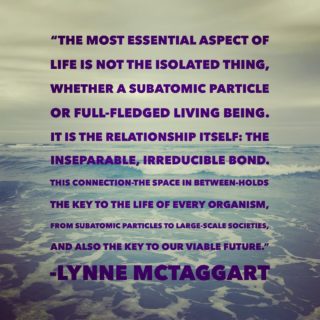


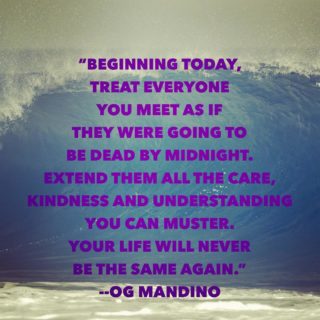
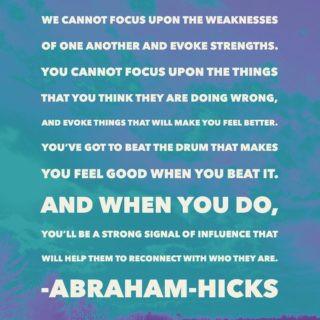






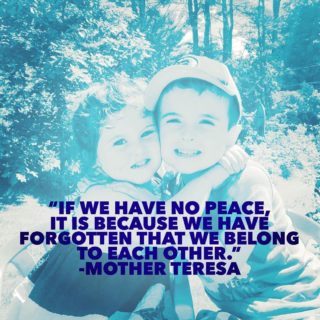
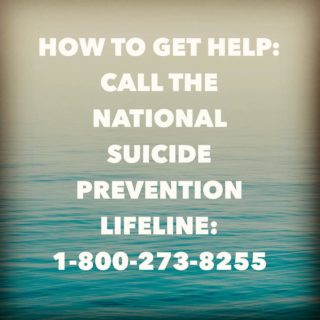
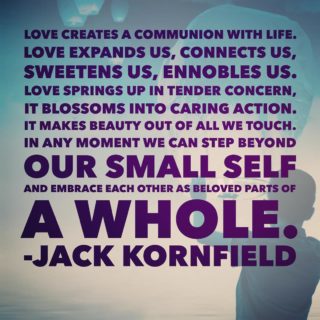
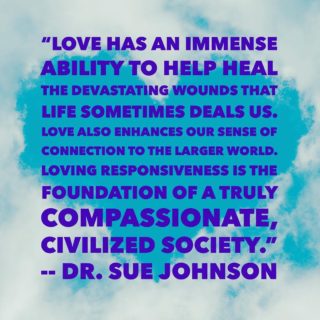
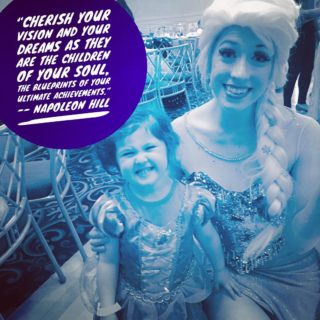
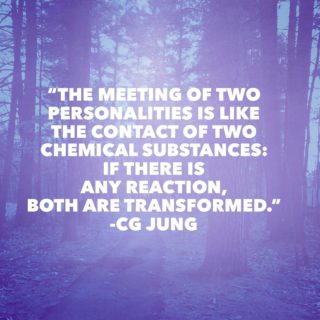


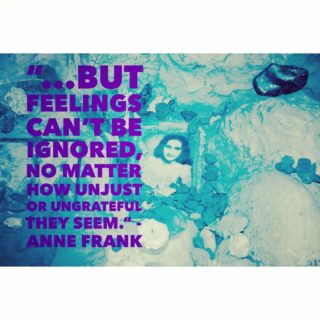
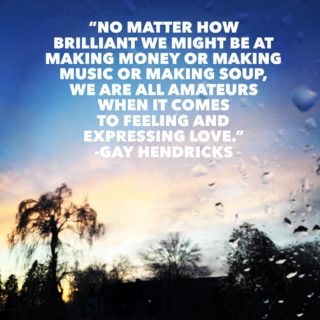

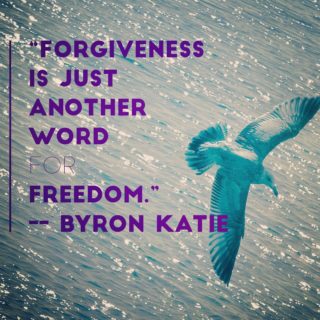




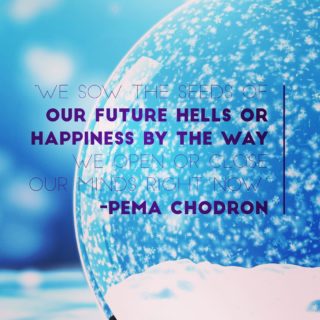

As a man I’d like to comment on this. While there are a few truths here, a vicious and destructive evil meme is trotted out and taken for granted. That is “Boys as early as 5 years old are told to be big boys and not cry.” I was never told “Boys don’t cry” and I never saw any of my friends told so either. What I did receive was instruction not to whine, which my sister and her friends were treated to as well. You promote an evil stereotype.
What boys learn as early as 5 is that if you demonstrate a vulnerability you will pay dearly for it. Children are cruel, girls as well, the meanest thing that happened to me as a small child was done by a girl. Boys learn early that if you want to get positive attention you have to succeed, be popular, good at sports etc. This becomes even more important when you start seeking the attention of girls, sensitive emotionally available boys are ignored by girls who flirt with the jocks and the “bad boys”. Nice boys are given the “I like you as a friend” speech while the girl complains how her jock boyfriend isn’t nice to her.
And as far as having emotions go? Yes, men have emotions, but there is a mounting pile of evidence that a man’s emotional palette has fewer colors than a woman’s. Where women have the 80 color crayola box, men have the 16 color box. A woman who has Burn’t Sienna, Blush, Mohogany, Scarlett, and Maroon, may never understand or be understood by a man who has only brick red and fire engine red. Further testing show’s that not only do women have more colors in the palette, they have more connections between the right and left brain, meaning they have greater access to language to describe their emotions.
The bottom line is women create these men. They nurture and support the idea of the strong silent man and after years of conditioning are unhappy with the results they’ve wrought. Despite claiming otherwise, every man knows that the moment they demonstrate vulnerability they’ve lost the respect and affection of their women. The quickest way to lose a relationship is to let a woman see you don’t have everything under control.
Bob,
Thanks so much for your comment. I think we are agreeing here for the most part here. Whether it’s vulnerability or shedding tears – it’s the same stuff, right? In terms of being told that big boys don’t cry…I believe that definitely happens. I’ve witnessed it. But…I think the quote from Brene Brown says it all — the man in her story basically pointed out that as women, we are perpetuating this problem. I’d wager we’re doing so all together. We’re all trapped here in this vicious double bind and I’m so grateful for your contribution to the dialogue here. And it’s so sad that men feel that “the moment they demonstrate vulnerability, they’ve lost the respect & affection of their women,” because at the same time, many women are hungry for this authenticity and truth as well.
Yes – there is evidence that shows that women are more verbally expressive of their emotions, which probably has something to do with why more women typically want to speak about things and men don’t have as much of a language. At the end of the day, though, we all have emotions — at least 6 basic ones — and it doesn’t need to get too complex, we just need to be sharing more of them with each other.
Thanks for your comment, I really appreciate it, and I agree — it’s a confusing, difficult place to be for a man. What partners need the most from each other, they turn away or push away from.
Jenev
So how do you deal with it? I have a man who has been so attentive towards me, so loving – We were long distance for quite some time having met at a mutual friend’s wedding. Having spent a few weeks together since then, he has shut off big time and his attentive, loving side seems to have disappeared! He says he still wants to be together, but whereas he used to get excited about a future together, he now talks about our relationship in terms of a “step by step process that we need to build and get to know each other.” I understand men a pragmatic but his lack of affection over the past few weeks since I’ve been back is really quite soul destroying!
Aleasha, so sorry for such a late response to your question. I wonder if in his pulling away you try to push to get closer? That is a common cycle that is set up between so many partners. And it is self-defeating because it can feel like the more you push the more he pulls away. What I would suggest is that you are as emotionally open, vulnerable, non-demanding-ly curious and accepting of his experience, regardless of how he shows it. If you find yourself getting critical about how he distances, know that is just going to push him away even more. Also – let him know he is important and valuable to you, and provide validation when he does open up – let him know you like it and it makes you feel closer to him (if that is the case, which I imagine it is!) The less you push for it, the more space you provide – and everyone has a different level of comfort with emotional expression. I strongly suggest you read Sue Johnson’s book Hold Me Tight: Seven Conversations for a Lifetime of Love to learn more about this destructive cycle so many couples find themselves in, and how to change it.